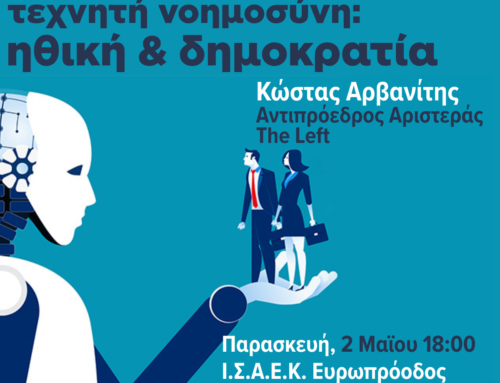The importance of in-person education in the meta Covid-19 era

The importance of in-person education in the meta Covid-19 era
Distance vs In-person Learning
Despite the fact that online learning has become more popular as a result of the COVID-19 virus, people are still expected to look for more motivation at international institutions. When educational institutions were forced to switch to learning and remote learning during the COVID-19 lockdown, we saw how important distance education is for educational resilience. Online classes enable students to learn without having to physically attend classes. This means that international students may be able to get a certificate from their home country, which may happen more often in the years after COVID-19. Adaptability will be important in any of these models, because organizations need to be able to change with the times and rules.
The International Labour Organization (ILO) has warned that the COVID-19 epidemic might result in the loss of 25 million jobs worldwide. Citizens commonly enroll in school or training in order to enhance their chances of finding work or increase their income-generating alternatives, motivated by the prevalent assumption that education can lead to economic rewards. As some jobs and industries become less important and others become more important, a lot of reskilling will be needed to meet the needs of the labor market.
Even in occupations that are not affected by closures or big layoffs, upskilling will be necessary. Through their expertise and skills, educational institutions can provide both academic certifications and far more talents for vocational, or “practical” learning to both local and international students. This results in an expanded revenue stream, which is aided by the development of blended and online training that targets various populations, such as the elderly. Simultaneously, this strategy makes it easier for people to get the education and skills they need to compete in a changing world, which can help the country’s economy.
In order to meet the needs of the elderly, educational institutions will need to form alliances around the world and offer a wide range of flexible paths and approaches. For flexible training, short, online, or blended courses that offer micro-credentials that can be used to get higher certificates will become more important. Short courses not only allow students to learn new skills in a way that fits their schedules, but they also help students learn important soft skills like tenacity, self-directed knowledge, and organizational skills, which can be used in a wide range of jobs and businesses. As the financial fallout from COVID-19 increases demand for skill training, educational institutions must explore how to benefit from this opportunity.



